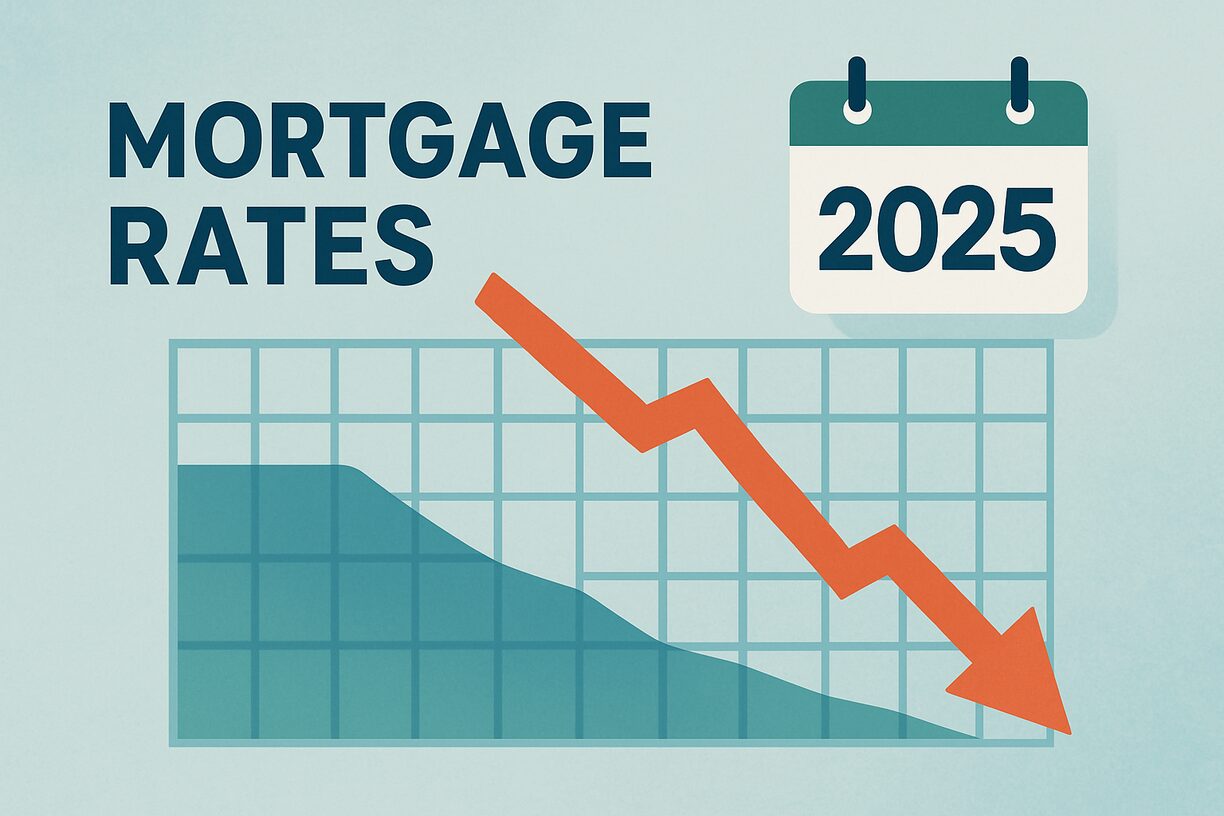Are Home Improvements Tax Deductible?
January 28, 2023

It’s no secret that finishing your basement will increase your home’s value. What you may not know is the money you spend on this type of home improvement could also help lower your tax bill when you sell your house.
Tax rules let you add capital improvement expenses to the cost basis of your home. Why is that a big deal? Because a higher cost basis lowers the total profit — capital gain, in IRS-speak — that in some cases you may be required to pay taxes on. In other words, you might have a tax benefit [MOU1] coming.
Here’s how to know what home improvements can pay off at tax time.
The tax benefit doesn’t come into play for everyone. The large majority of home sellers will never have to pay taxes on the profits they make on their homes because of a widely-available exemption on the first $250,000 of profit for single filers ($500,000 for joint filers). If you move frequently, maybe it’s not worth the effort to track capital improvement expenses. But if you plan to live in your house a long time or make lots of upgrades, saving receipts could be a smart move.
What Home Improvements Are Tax Deductible?
Some examples of eligible home improvements include:
- New bathroom
- New addition
- Basement finishing
- Master suite addition
Although you may consider all the work you do to your home an improvement, the IRS looks at things differently. A rule of thumb: A capital improvement increases your home’s value, while a non-eligible repair just returns something to its original condition. According to the IRS, capital improvements have to last for more than one year and add value to your home, prolong its life, or adapt it to new uses.
IRS Publication 523 has a list of eligible improvements.
There are limitations. The improvements must still be evident when you sell. So if you put in wall-to-wall carpeting 10 years ago and then replaced it with hardwood floors five years ago, you can’t count the carpeting as a capital improvement.
Repairs, like painting your house or fixing sagging gutters, don’t count. The IRS describes repairs as things that are done to maintain a home’s good condition without adding value or prolonging its life.
There can be a fine line between a capital improvement and a repair, says Erik Lammert, former tax research specialist at the National Association of Tax Professionals. For instance, if you replace a few shingles on your roof, it’s a repair. If you replace the entire roof, it’s a capital improvement. Same goes for windows. If you replace a broken window pane, repair. Put in a new window, capital improvement.
One exception: If your home is damaged in a fire or natural disaster, everything you do to restore your home to its pre-loss condition counts as a capital improvement.
How Capital Improvements Affect Your Gain
To figure out how improvements affect your tax bill, you first have to know your cost basis. The cost basis is the amount of money you spent to buy or build your home including all the costs you paid at the closing: fees to lawyers, survey charges, transfer taxes, and home inspection, to name a few. You should be able to find all those costs on the settlement statement you received at your closing.
Next, you’ll need to account for any subsequent capital improvements you made to your home. Let’s say you bought your home for $200,000 including all closing costs. That’s the initial cost basis. You then spent $25,000 to remodel your kitchen. Add those together and you get an adjusted cost basis of $225,000.
Now, suppose you’ve lived in your home as your main residence for at least two out of the last five years. Any profit you make on the sale will be taxed as a long-term capital gain. You sell your home for $475,000. That means you have a capital gain of $250,000 (the $475,000 sale price minus the $225,000 cost basis). You’re single, so you get the exemption for the $250,000 profit. End of story.
Here’s where it gets interesting. Had you not factored in the money you spent on the kitchen remodel, you’d be facing a tax bill on that $25,000 gain that exceeded the exemption.
By keeping receipts and adjusting your basis, you’ve saved about $3,800 in taxes based on the 15% tax rate on capital gains. Well worth taking an hour a month to organize your home improvement receipts, don’t you think?
The top cap gains rate for most home sellers remains 15%. For sellers in the highest tax brackets, such as 37%, the cap gains rate is 20%.
Watch Out for These Basis-Busters
Some situations can lower your tax basis, thus increasing your risk of facing a tax bill when you sell. Consult a tax adviser. Examples include:
- If you use the actual cost method and take depreciation on a home office, you have to subtract those deductions from your basis.
- Any depreciation available to you because you rented your house works the same way.
- You also have to subtract subsidies from utility companies for making energy-related home improvements or energy-efficiency tax credits you’ve received.
- If you bought your home using the federal tax credit for first-time home buyers, you’ll have to deduct that from your basis too, says Mark Steber, chief tax officer at Jackson Hewitt Tax Services.
I’m Jay Thomas, a REALTOR in Houston, Texas. Chances are you and I share a similar passion, Real Estate! I also have a passion for building businesses, working out, inspiring others, technology, sports, and people. Connect with me on Facebook and Instagram!

Hello! I’m Jay Thomas, a REALTOR in Houston, Texas. Chances are you and I share a similar passion, Real Estate! I also have a passion for building businesses, working out, inspiring others, technology, sports, and people. Connect with me on Facebook and Instagram!
Hello! I'm Jay Thomas,






